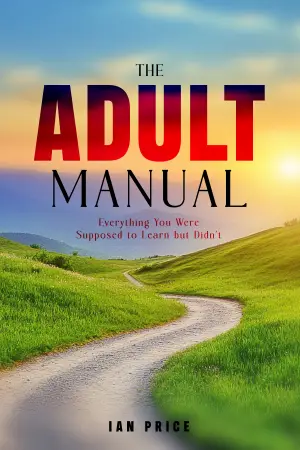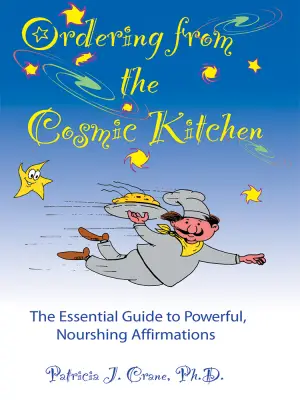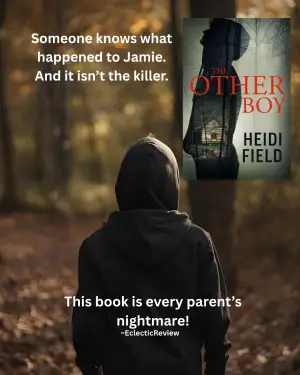I recently finished reading Adult Children of Emotionally Immature Parents by Lindsay C. Gibson, and I can confidently say it was an enlightening journey that resonated on so many levels. As someone who deeply appreciates the self-help genre, I was drawn to the book after hearing its title discussed among friends and acquaintances. The concepts surrounding emotional immaturity in parenting intrigued me, as they hinted at a more profound understanding of relationships.
From the moment I started, I found Gibson’s writing to be comfortably engaging and approachable. The breakdown of the four types of difficult parents—emotional, driven, passive, and rejecting—was eye-opening. Each category illuminated behaviors I had encountered throughout my life, whether in my own family or in relationships with friends. The compassionate approach Gibson took in detailing these types allowed for reflections that felt personal yet universal.
One significant positive aspect that I found echoed in many of the reviews I read was the book’s ability to make complex psychological concepts accessible. For instance, one reviewer noted how they felt "completely seen or understood," and I couldn’t agree more. Gibson uses real-life examples and relatable storytelling to break down difficult topics. This practical approach, as noted by another reader, fosters a sense of connection that turns abstract concepts into applicable insights that anyone can use in their own life.
However, I also noticed some drawbacks mentioned by readers. While many found the content transformative, others described it as “typical self-help material.” Although I can see where they’re coming from, I respectfully disagree. While the structure might be familiar—quirky exercises, anecdotal stories—the depth and specificity of Gibson’s insights genuinely set it apart. Yet, it’s worth noting that for readers with extensive exposure to this genre, some sections might feel repetitive or less engaging.
The book’s promise of healing and moving forward from childhood wounds is powerful. Gibson reassures readers that the scars left by emotionally immature parents can be healed, and this message is reinforced throughout the narrative. The idea that we can regain control over our emotional responses and create fulfilling relationships was not only inspirational but also empowering. I found it particularly validating to see a therapeutic emphasis on recovery and understanding oneself better.
The structure of the book is simple yet effective, guiding the reader through exercises designed to encourage self-reflection. While I embraced these activities, I could see how they might not resonate with everyone. For example, some might prefer a more straightforward reading experience without the interactive elements.
In light of the myriad experiences, I must admit that this book could potentially be a lifeline for those struggling with similar feelings of anger, abandonment, or loneliness stemming from childhood. As a few grateful reviewers highlighted, it offers a kind of insight that can indeed save readers from the need for more extensive therapy sessions. It’s framed in such a way that even casual readers, who may be hesitant to delve deep into self-help literature, can find value and understanding.
To wrap up, I wholeheartedly recommend Adult Children of Emotionally Immature Parents for anyone wishing to explore the depths of their past relationships with parental figures and its lasting impact. It offers valuable strategies for healing and growth, all while remaining accessible and relatable. Whether you’re seeking to understand your past or looking to build healthier relationships in your future, this book could be the nurturing guide you didn’t know you needed. Don’t wait too long to dive in—your journey of self-discovery awaits!
Discover healing and growth in your journey with Adult Children of Emotionally Immature Parents. >>








